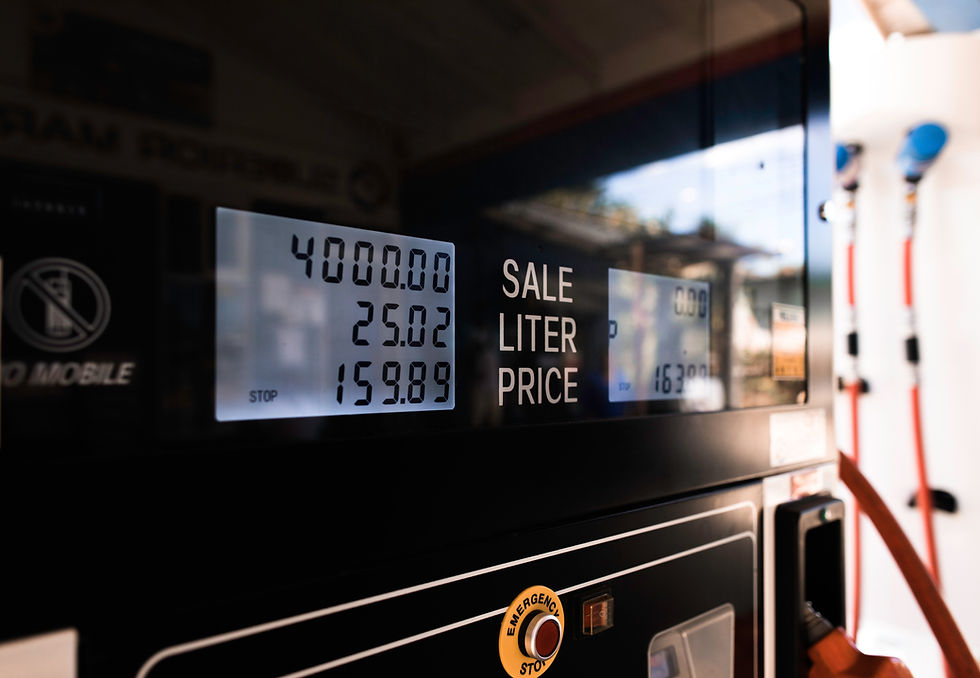Weekly Shots: World Hunger, Speculation & Inflation, Oil Price Shocks
- Staff Writer
- Nov 5, 2021
- 3 min read
A Chance At Ending World Hunger?

In last week’s events, Elon Musk was named the richest man ever recorded in history by Forbes and Bloomberg who valued him between $255 billion and $288billion, richer than Bill Gates and Jeff Bezos combined. This followed a $1trillion valuation of Tesla. While many congratulated the entrepreneur and business magnate, this stirred a conversation on just how much wealth an individual needs to own with the pandemic having eroded gains made to reduce poverty and inequality since the 1990s leaving many more in abject poverty.
The UN World Food Program (WFP) said 2% of Elon Musk’s wealth could solve world hunger to which he said he would sell his Tesla stock if the organization responds to a tweet using open source accounting to show how $6billion will solve world hunger. The Director of WFP, David Beasley, then clarified saying $6billion would not solve world hunger but that it will prevent geopolitical instability, mass migration and save 42million people on the brink of starvation. The billionaire had follow-up questions including the alleged sexual assault of children by UN peacemakers. This raises the question, are wealthy people not willing to use their money to solve global challenges or they are disheartened by the leakage which drastically reduces the impact of their contribution?
Speculation and Inflation: The commodity futures market and global food inflation

This week, the United Nations’ Food and Agriculture Organization (UN- FAO) stated that global food prices have reached the highest level in 10 years. Commodity-based food items such as cereals and vegetable oils are the key food items in which significant price hikes are observed. Cited amongst contributing factors are poor harvest due to climate change; disruption to manufacturing and distributions due to lockdowns in the past year; and high commodity prices.
According to Brigit Busicchia from Macquarie University, “Since the 1990s, the deregulation of commodity futures trading has made it possible for institutional investors to enter this market on a large scale.” In this market institutional investors such as commercial banks, insurance companies, hedge, and pension funds enter into legal agreements to buy or sell a commodity asset at a predetermined price, at a specified future date. The speculative activity in this market can contribute significantly to commodity price volatility, and in this case, it has contributed to significant commodity price hikes.
India did it, can South Africa follow suit?

The two developing countries are among the world’s top emerging market economies. The countries also form part of the BRICS group, a 5-country coalition of the world’s five major emerging economies. The economic trajectories of the two peer nations are also considered similar in several respects such as their influence on the regional and global scale, and level of development. Given the latter, the recent global hike in the price of crude oil has also had similar effects on both economies through fuel price hikes and food inflation, especially on the countries’ poor.
This week, the Department of Mineral Resources and Energy announced an increase in the cost of fuel in South Africa, the fifth upward revision in 2021 alone. The government cites the weakness of the country’s currency and global increases in crude oil prices as the main reasons behind the latest increase. However, about 31% of the price per litre of petrol goes towards taxes. In contrast, India has responded by cutting fuel taxes. This policy move will protect the purchasing power of the poor and middle classes and cushion them against further fuel price shocks. In addition, the government of India believes this move will also play a role in boosting the country’s demand for fuel in light of the COP26 goal to reduce the consumption of fossil fuel.




Comments